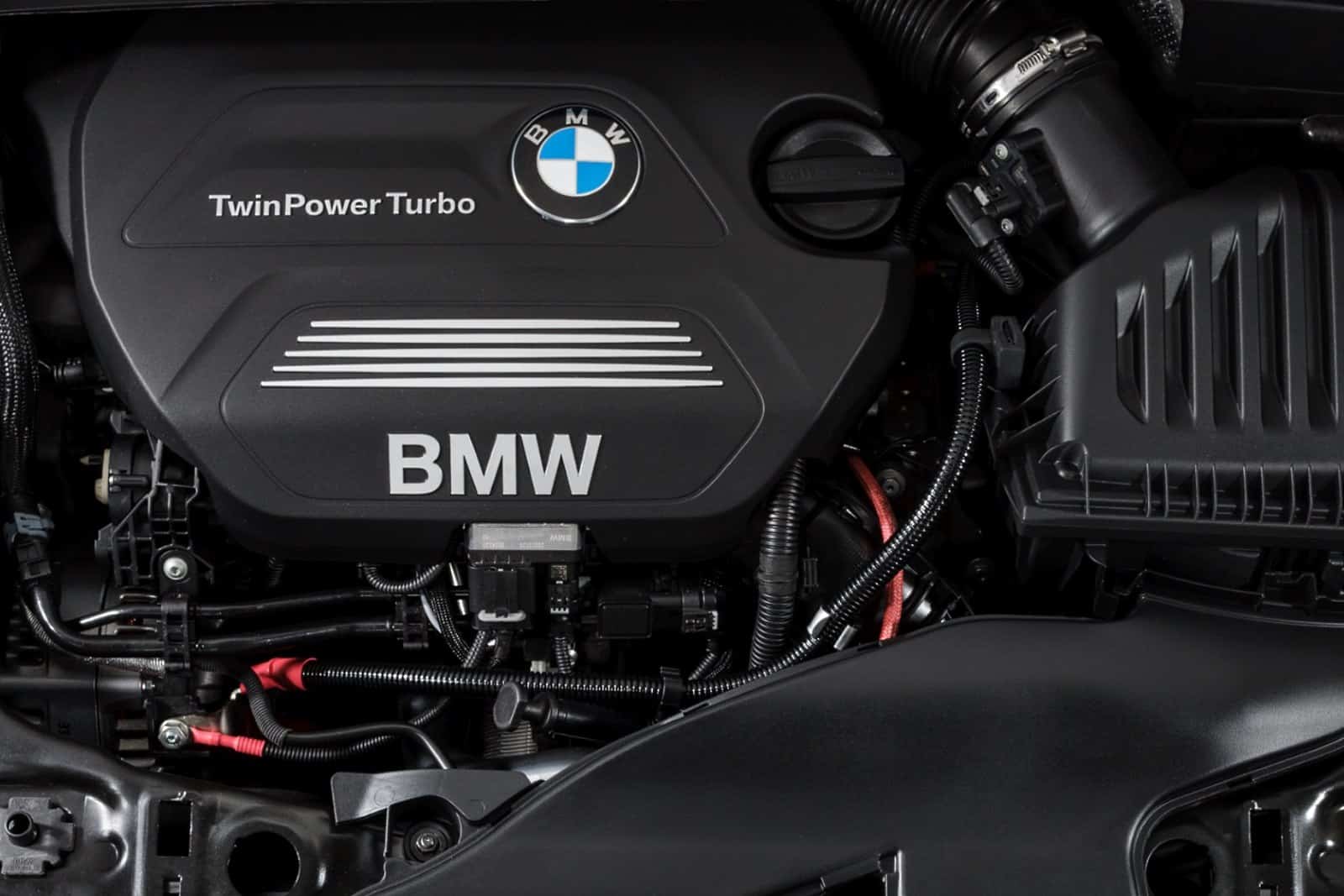
3 silindirli dizel sorunsalı: BMW B37
Canlı yayınlarda F30 ilanı gönderdiğiniz zaman, bu kasa BMW 3 serisinde yer alan 2L altı tüm benzinli motorların kronik sorunlarından ötürü size genelde 320d tavsiyesinde bulunuyorum (bilhassa son 190 PS ya da önceki 184'lükler; E90'daki 177'lik ve öncesinden uzak durulmalı). Fakat daha güncel ve alt sınıf bir BMW/Mini, özellikle de makyajlı F20 baktığınız ve dizel kararı verdiğiniz zaman, karşınıza başka bir problem çıkıyor.
BMW B37 1.5L 3 silindirli dizel motor, BMW’nin modüler motor ailesinin bir parçası olarak 2014 yılında tanıtıldı ve yüksek verimlilik sunmak üzere tasarlandı. BMW ve Mini modellerinde yaygın olarak kullanılan ve gücü 95 ile 116 PS arasında değişen bu motor, kağıt üstünde kompakt yapısı ve şehir içi kullanımaa uygunluğu ile öne çıkıyor.
Kullanıldığı BMW ve Mini Modelleri:1. BMW 1 Serisi (F20/F21):
- Modeller: 114d, 116d (2014–2019)
2. BMW 2 Serisi Active Tourer (F45/F46):
- Modeller: 214d, 216d (2014–günümüz)
3. BMW X1 (F48):
- Model: sDrive16d (2015–günümüz)
4. BMW 2 Serisi Gran Tourer:
- Model: 216d (2015–günümüz)
5. Mini Hatchback (F56):
- Modeller: Mini One D, Mini Cooper D (2014–günümüz)
6. Mini Clubman (F54):
- Modeller: One D, Cooper D (2015–günümüz)
7. Mini Countryman (F60):
- Modeller: One D, Cooper D (2016–günümüz)
Yaygın Sorunları:
1. Mazot Müşiri Arızası: Mazot müşiri zorlanınca patlıyor ve soketten beyine mazot sızıyor, zamanla beyinin için mazotla dolup ortam basınç sensörü arızası veriyor. DPF sensörüyle kızdırma bujilerinin değişmesi ve DPF'nin temizlenmesi gerekiyor. BMW de bu arızanın farkında ve etkilenen tüm araçlar geri çağırıldı: Sorun giderilirken EGR soğutucusu da ücretsiz değiştiriliyor.
2. EGR (Egzoz Gazı Devirdaim) Sistemi: Birçok dizel motorda olduğu gibi EGR valfi zamanla tıkanabiliyor, bu da performans kaybına ve arızalara neden olabiliyor. 150.000 km'den sonra düzenli temizlik öneriliyor, valfin değiştirilmesi de gerekebilir.
3. Zamanlama Zinciri Aşınması: Zamanlama zinciri 180.000-200.000 km civarında gürültülü hale gelebiliyor. Bu durumda zincirin değiştirilmesi gerekli zira zincir tamamen koparsa motor ciddi hasar görebilir.
4. DPF (Dizel Partikül Filtresi) Tıkanması: 200.000 km’den sonra DPF tıkanarak güç kaybına neden olabiliyor. Temizleme geçici bir çözüm olabilir ancak filtre sonunda değiştirilmeli ve kaliteli yakıt kullanılmalı.
5. Titreşim Sorunları: Motorun ilk versiyonlarında rölantide aşırı titreşim görülüyordu. 2017 yılında yapılan güncellemelerle bu sorun denge şaftlarıyla giderildi.
6. Turbo ve Emme Sistemi Sorunları: Turbo ve emme manifoldunda kirlenme yaygın ve performansı olumsuz etkileyebiliyor. Düzenli hava filtresi değişimi ve emme sisteminin temizlenmesi bu sorunları azaltabilir.
Alınır mı?
B37 yurtdışında genellikle şehir içi sürüşe uygun ekonomik bir seçenek olarak kabul ediliyor ancak bizde bu motoru taşıyan hiçbir otomobili 'ekonomik' olarak nitelendirmek mümkün değil. Dikkat ederseniz zaman ilerledikçe, marka ve segment fark etmeksizin motor hacimleri azalıyor ve kronik sorunları artıyor; içten yanmalı motor üreticileri sanki danışıklı dövüş halinde, EV dönüşümünü el birliğiyle hızlandırma peşindeler.
Neyse, konuyu dağıtmayalım. Hemen her BMW'de olduğu gibi, bu motorun da uzun ömürlü olması için agresif sürüşten kaçınılması, doğru-kaliteli yağ kullanılması, sık yağ değişimi ve düzenli bakım yapılması önemli.
Kaynaklar:
https://mymotorlist.com/engines/bmw/b37d15/
https://motoranimal.com/mini-1-5-diesel-engine-problems-durability/
https://www.tiktok.com/@bmwminiatasehir/video/7290550027045342470?_r=1&_t=8pfXMY7AlpH&link_tag=2


5 Yorum